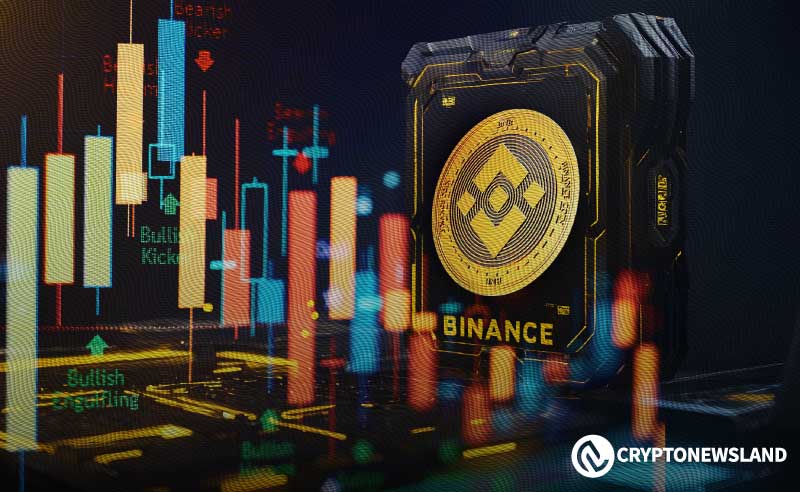
- Binance faces Nigerian court over operating without required licenses, threatening local crypto operations.
- Nigeria intensifies crypto regulations, urging fintechs to block transactions involving cryptocurrencies.
- Legal actions against Binance could reshape future crypto regulations and market integrity in Nigeria.
On July 5, a Nigerian court cited Binance’s alleged illegal conduct with Olubukola Akinwunmi, testifying against the cryptocurrency exchange. Akinwunm, testified that Binance operated without the necessary licenses and governmental clearance, a charge that might have far-reaching implications for Nigeria’s crypto business.
According to Akinwunmi’s testimony, Binance provided financial services without authorization. This included making deposit and withdrawal transactions easier, which should be limited to banks and authorized financial institutions. Binance allegedly performed currency conversions from naira to US dollars without the necessary CBN authorization, which points to significant regulatory breaches.
Akinwunmi also explained how Binance facilitated transactions by letting traders use pseudonyms, which violated laws requiring the disclosure of true identities in financial transactions. This anonymity raises concerns and undermines the regulatory framework intended to prevent financial crimes.
He explained how traders carried out peer-to-peer transactions on Binance by transferring naira to the seller’s bank account and completing the transaction using the platform. As a result, Binance would be involved in distributing fiat currency, which Akinwunmi believes is a regulated activity that Binance is not entitled to conduct.
Following Akinwunmi’s testimony, the court set aside July 16 for the defense’s cross examination. Judge Emeka Nwite ordered the Nigerian Correctional Services to submit Tigran Gambaryan’s medical documents. This lawsuit marks a significant step in Nigeria’s crackdown on unregulated cryptocurrency activity.
The National Security Adviser recently categorized bitcoin trading as a national security issue. In response, the CBN directed fintech startups like Opay, Moniepoint, Paga, and Palmpay to block and report accounts involved in cryptocurrency transactions.
In February, Binance stopped its peer-to-peer service for Nigerian users due to government regulation. During a virtual meeting with Nigeria’s Blockchain Industry Coordinating Committee, the Securities and Exchange Commission (SEC) urged action to remove the naira from peer-to-peer systems. This approach attempts to reduce market manipulation and maintain the integrity of Nigeria’s capital market.
The continuing legal procedures against Binance may significantly impact Nigeria’s cryptocurrency sector. As the case proceeds, the decision will likely impact future regulatory approaches to digital currencies in the country.
Read Also:
The post Binance Accused of Illicit Transactions by Nigerian Central Bank appeared first on Crypto News Land.
Earn more PRC tokens by sharing this post. Copy and paste the URL below and share to friends, when they click and visit Parrot Coin website you earn: https://parrotcoin.net0
PRC Comment Policy
Your comments MUST BE constructive with vivid and clear suggestion relating to the post.
Your comments MUST NOT be less than 5 words.
Do NOT in any way copy/duplicate or transmit another members comment and paste to earn. Members who indulge themselves copying and duplicating comments, their earnings would be wiped out totally as a warning and Account deactivated if the user continue the act.
Parrot Coin does not pay for exclamatory comments Such as hahaha, nice one, wow, congrats, lmao, lol, etc are strictly forbidden and disallowed. Kindly adhere to this rule.
Constructive REPLY to comments is allowed
